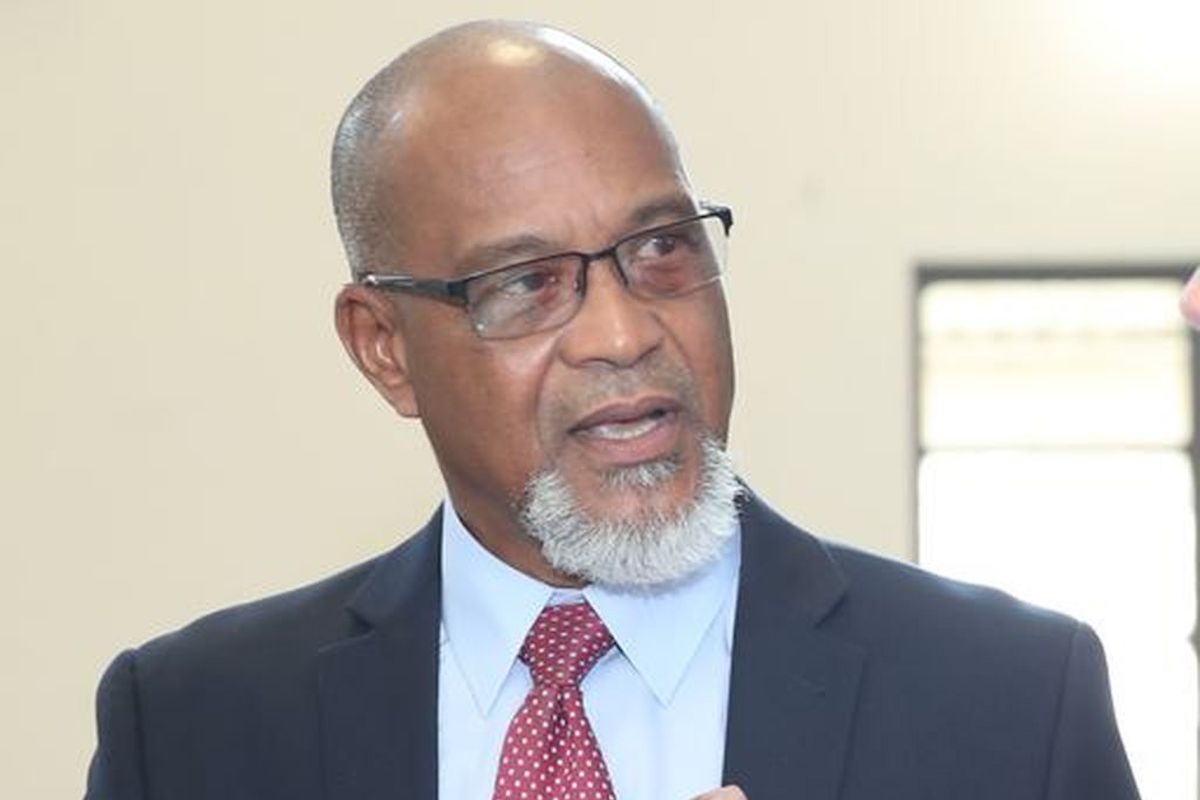Muhammad Ali once said, “I don’t think it’s bragging to say I’m something special.”
For many athletes and even officials, particularly football coaches, an explanation of the concept of self-confidence is hardly necessary as they know intuitively what it is. Indeed, self-confidence is so palpable in some individuals you can almost reach out and touch it. Their confidence is reflected in everything they say and do, in what they wear, how they speak and how they look.
Self-confidence is commonly defined as the sureness of feeling that you are equal to the task at hand. We all know someone whose self-belief has this unshakeable quality, whose ego resists even the biggest setbacks. With some people, the harder the blow, the quicker they bounce back. At the same time, although confidence or being overconfidence is a desirable characteristic, arrogance or sureness of feeling not well-founded in one’s ability - is undesirable.
At the TTFA’s Meeting of all technical staff members on Friday, the technical committee chairman Keith Look Loy said that the room was filled with big egos as he emphasised the need for those egos to be put aside, admitting he possessed such also, but not put totally to rest as the heads come together for the betterment of local football. It’s an issue that has plagued the sport, and not just football, for long periods. Everybody wants to do what someone else is doing and thinking they could do it better, failing to support, ready to fight down, always know what the solution is. Sounds familiar right? Or in the case of big egos, unwilling to be challenged because they’ve achieved much, some cases not even, and therefore believe that no one can offer advice in any meaningful way. Hopefully and from all accounts so far, these egos will be pushed a little to the side but the confidence in ability by all will have a rippling effect on the performance.
It is clear that you need a high life of confidence and self-belief to perform. They used to say Ato Boldon had too much of it. But if you were in his position running the 100 metres final at the 1996 Olympics, then you’d understand why. For Brian Lara to walk out before 45,000 Australians or 60,000 Indian fans and be able to perform, he had to maintain that swagger. For Kenwyne Jones to stand tall with John Terry at Stamford Bridge, surely he couldn’t just be the nice guy from T&T.
But how do we know the greatest athletes possess this trait? We've seen ego manifest itself in Dwight Yorke’s upturned collar, while Jones would often do flips when he scored, Stern John would beat his chest and gesture to the fans when he netted during the 2006 World Cup qualifiers.
Confidence coach Martin Perry - whose clients include Arsenal midfielder Aaron Ramsey and golfer Colin Montgomerie - cites the difference between Barcelona forward Lionel Messi and Real Madrid's Cristiano Ronaldo.
"Ronaldo is very outwardly confident, whereas Messi comes across as quiet and humble, but both have egos. We know that because of the individual manner in which they play," he says. "They don't see risks; they have a bulletproof certainty they'll produce and when an athlete has that supreme level of confidence, magic can happen,” he told the BBC.
When talent and ego are in perfect symmetry, a player can make the leap from good to great. Mike Forde, former director of operations at Chelsea, uses a formula - (ego + coachability) x learning culture - with high-performing teams and individuals to help them maximise their talent. The equation shows that ego is the foundation of greatness but only if it is still open to being coached and criticised and there's a structure in place to help them grow," said Forde who worked with Juan Mata and Eden Hazard at Chelsea.
Performance accomplishments are the strongest contributor to sport-confidence. When you perform any skill successfully, you will generate confidence and be willing to attempt something slightly more difficult. Personal success breeds confidence, while repeated personal failure diminishes it. Being involved with the success of others can also significantly bolster your confidence, especially if you believe that the performer you are involved with (eg a team-mate) closely matches your qualities or abilities. In effect, it evokes the reaction: ‘if they can do it, I can do it’. So then, "Let's do it."
Editor's Note
Shaun Fuentes is the head of TTFA Media. He is a former FIFA Media Officer at the 2010 FIFA World Cup in South Africa and currently a CONCACAF Competitions Media Officer. The views expressed are solely his and not a representation of any individual or organisation.

